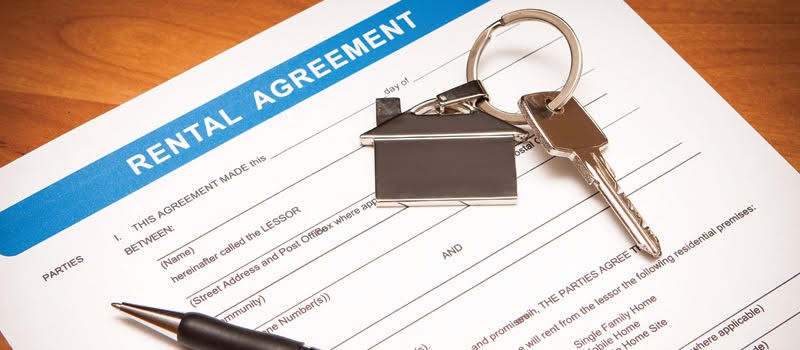The rights and duties of a landlord were the subject of a recent conference. One of the owners discussed the probability of leasing out his property in a building. In his rush for earning a goodly sum, he insisted that he could not be held liable for any activities that his lessee indulged in. Most of the conferees agreed with him. This author did not.
As with all idioms, parables and sayings, each one has an equal and opposite version. Equally emphatic. Is not a man’s home his castle? Can he not do whatever he likes with it? Including that final and supreme right of ownership; destruction?
On the other hand, can the castle owner, by his actions, blithely disturb the peace of others? Especially that of his neighbours’? A right, in conflict with a duty, becomes the topic of the day.

In a classic case, Lawrence vs Coventry, the Supreme Court in the UK held that, to be liable for a nuisance committed by its tenant, a landlord a) must have authorised the nuisance through active involvement, or b) while knowing of the probability of a nuisance (being caused).
The howling dog and the abusive licensee, in Cocking vs Eacott, is a more recent case. It, too, was judged in England, in appeal. It decided whether a licensor was liable for a nuisance committed by her daughter, a licensee. Especially when the mother was put on notice.
You be the judge.
Would you hold either owner responsible, or not? Also, ask what would make the difference; knowledge, complaints or reasonable doubt, or the lack of these.
In both judgements, the courts were clear on one thing. Nuisance must be stopped. Liability rests with the nuisance creator, for sure. But it also rests with the owner, if he has knowledge of the nuisance, if he should have foreseen the possibility, or if he were actively involved. In other words, it is the owner’s vicarious responsibility to ensure civil and legal use of his property. If a man’s home is his castle, so is the neighbour’s home the latter’s castle.
Much as it may disturb many readers who feel that they are entitled to income from their property, no matter what, no man is an island. Each of us owes a duty, and a duty of care, to others in society. Therefore, liability may arise out of connivance, encouragement, by consideration, misplaced ideology, Nelson’s eye, negligence, carelessness, spite, aiding, abetting or any other excuse. But the sins of the tenant must visit upon the owner and pay he must, if possible with the former in tow.
The simple test for this would be thus. Primary responsibility lies with the person whose name appears on the 7/12 extract or any other title paper.
Could this apply to cooperative housing societies (CHSs)? Would the management be a party to the suit? In our opinion, yes. No matter what one means by ‘ownership flat’, the property belongs to the CHS. The members are shareholders, enjoying the fruits thereof. It is then the CHS’s duty to maintain peace and harmony, deter and stop illegal activities, and hold the ‘owner’ of the flat to answer.
One could well ask why it is so. Take a case in a state that bans liquor. A secluded house may make a nice speakeasy. The owner lets it out. Good returns; therefore, he asks no questions. Even if he did inquire, he may pretend not to know. The place is raided. As is common, the bootlegger escapes. What are the authorities supposed to do? Close the case? Say that the occupants could not be apprehended? The same story every time? We come back to our favourite maxim; ‘If there is a malady, there has to be a remedy’. The law was broken; so all, including the owner, have to pay.
The case laws on nuisance form an interesting body of judgements in what is called ‘The Law on Torts’. It was finely developed in the UK, over generations and now the American lawyers have made it into their own Las Vegas. India is catching up and rightfully so. So, if you own property, remember that with great ownership comes greater responsibility.
Courtesy: Moneylife
Courtesy: Moneylife
"Loved reading this piece by BAPOO M. MALCOLM?
Join LAWyersClubIndia's network for daily News Updates, Judgment Summaries, Articles, Forum Threads, Online Law Courses, and MUCH MORE!!"
Join LAWyersClubIndia's network for daily News Updates, Judgment Summaries, Articles, Forum Threads, Online Law Courses, and MUCH MORE!!"
Tags :Others











